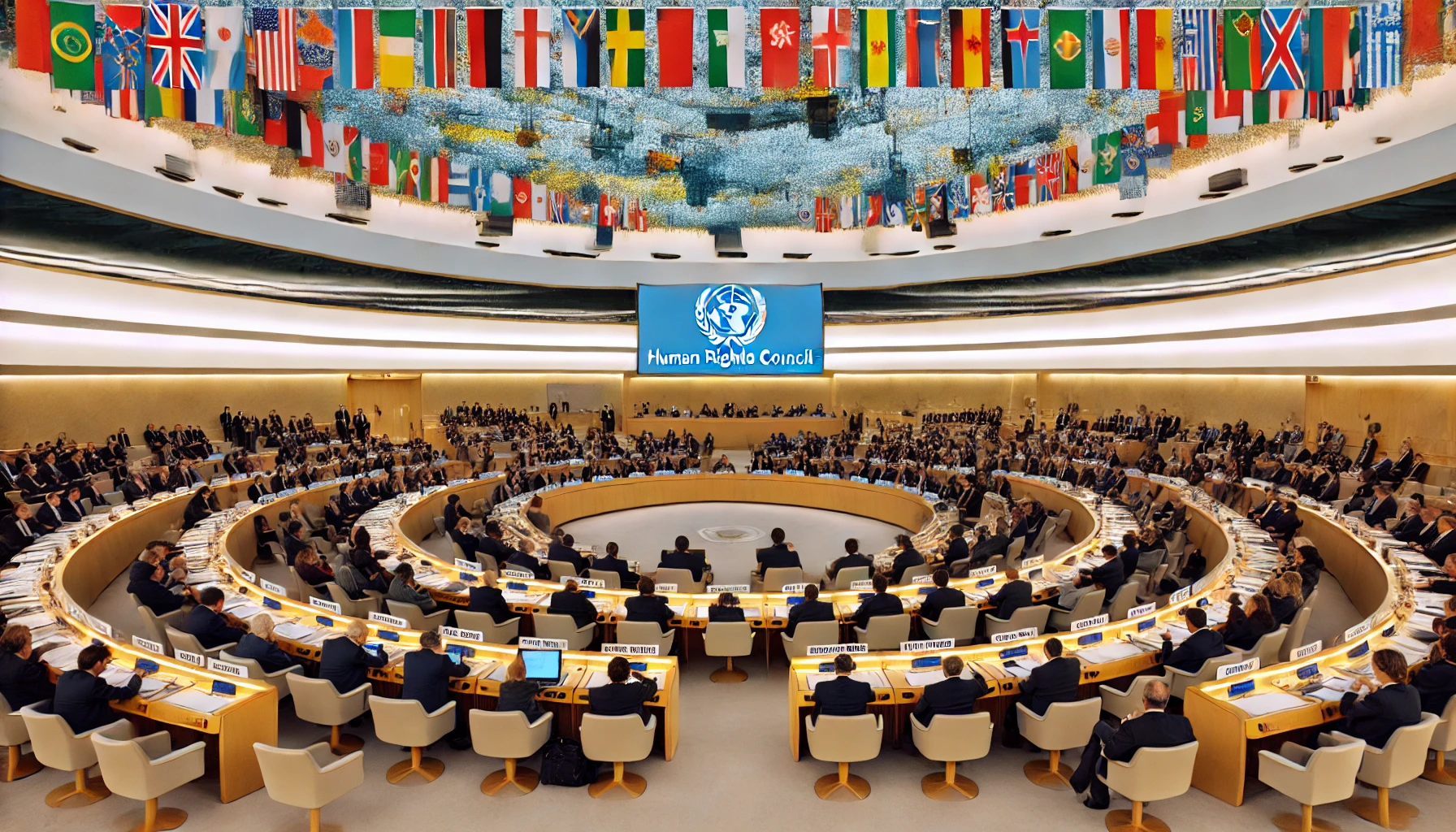UN Human Rights Committee Faces Existential Crisis Amid Budget Cuts
The Human Rights Committee is the main body responsible for monitoring the implementation of the International Covenant on Civil and Political Rights (ICCPR) across 174 States parties.

In an unprecedented move that underscores the deepening financial crisis at the United Nations, the Human Rights Committee (HRC) convened an emergency meeting with States parties to address funding shortfalls that threaten the very survival of the Committee’s work and mandate. For the first time in its 50-year history, the Committee’s third regular session for 2025, scheduled for October–November, has been cancelled due to lack of financial resources—raising alarms about a cascading effect on the global human rights protection system.
Financial Crisis Threatens Core UN Mandate
In his opening remarks, Committee Chairperson Changrok Soh warned that austerity measures imposed on the Committee are not only crippling its current operations but jeopardising the integrity and future of the treaty body system. “These are truly unprecedented times,” said Soh. “Every delay weakens our recommendations, diminishes their impact, and undermines our ability to prevent further violations.”
The Human Rights Committee is the main body responsible for monitoring the implementation of the International Covenant on Civil and Political Rights (ICCPR) across 174 States parties. It plays a vital role in reviewing state compliance, adjudicating individual complaints of rights violations, and issuing general comments that shape global standards.
The cancellation of one of its annual sessions has significant consequences:
-
Delays in reviewing State reports
-
Postponement of decisions on over 1,000 pending individual complaints
-
Undermining of victim access to justice
-
Erosion of global credibility of the UN human rights system
A Structural and Systemic Breakdown
Officials from the Office of the High Commissioner for Human Rights (OHCHR) confirmed that the issue is no longer one of temporary liquidity—but of a full-fledged financial crisis. The OHCHR budget has been cut, and regular UN budgetary allocations are now insufficient to cover even the mandated core functions of treaty bodies.
Wan-Hea Lee, Chief of the Civil, Political, Economic, Social and Cultural Rights Section at OHCHR, explained that working groups have already been reduced or cancelled, and that resource constraints have led to critical staff shortages, particularly those responsible for processing individual communications.
Dina Rossbacher, also of OHCHR, noted that although the Committee issued a record 450 decisions on individual complaints in 2024, the backlog continues to grow and new communications cannot be processed in a timely manner.
Calls for Action: Voluntary Contributions and Systemic Reform
The Committee is now appealing to States to take urgent and decisive action. Chairperson Soh proposed three core solutions:
-
Immediate support to reinstate the third 2025 session and a firm commitment to all three sessions in 2026.
-
Allowing transparent, voluntary contributions to supplement the regular budget without compromising the Committee’s independence.
-
Political and financial backing for long-term reforms, including improved cooperation with the Committee and fulfilment of reporting obligations.
Many States parties echoed these concerns and expressed dismay at the session cancellation. Several countries revealed that they have already increased voluntary contributions or paid dues on time, yet acknowledged the need for creative, systemic solutions that respect the UN's legal and budgetary framework.
Some States advocated for the use of digital tools and virtual sessions, despite reservations raised by Committee members about the ineffectiveness of remote sessions during the COVID-19 pandemic—citing time zone differences, limitations in dialogue, and inadequate interpretation services.
One State called for a general comment on the impact of unilateral coercive measures on civil and political rights, stressing that human rights frameworks must reflect real-world geopolitical and economic challenges.
Treaty Body System Under Strain
The HRC is not alone in its struggles. Treaty bodies across the UN system are reporting similar constraints. The broader treaty body system, encompassing human rights conventions on issues ranging from torture to discrimination, is experiencing funding shortfalls that threaten its credibility and global reach.
Chairperson Soh highlighted that less than 5% of the UN regular budget is allocated to the OHCHR, a stark figure given the breadth and significance of its mandate. “Without a properly functioning treaty body system,” he warned, “human rights protections will weaken around the world.”
Committee experts also stressed that the system’s early warning function, once considered a hallmark of UN effectiveness in rights protection, is now at risk of collapsing. A backlog in communications makes recommendations obsolete by the time they are delivered. Meanwhile, new global challenges—from climate change and AI to rising authoritarianism—require more, not less, vigilance and agility.
Paths Forward
Amid the uncertainty, some Committee members pointed to successful innovations, such as the CEDAW Committee’s regional review held in Fiji, funded voluntarily by States, as a model for regionally anchored, cost-effective engagement.
There were also calls for annual dialogues with States parties to ensure accountability and proactive problem-solving, as well as for harmonisation of working methods across treaty bodies to increase efficiency.
Yet the core message remains clear: without urgent action and a reevaluation of how core UN human rights functions are financed, the risk of long-term erosion of global human rights protection is imminent.
- READ MORE ON:
- Human Rights Committee
- UN financial crisis
- treaty bodies
- civil and political rights
- ICCPR
- OHCHR funding
- UN session cancellation
- UN regular budget
- Changrok Soh
- international human rights
- UN General Assembly
- voluntary contributions
- UN treaty body reform
- individual communications
- global accountability










